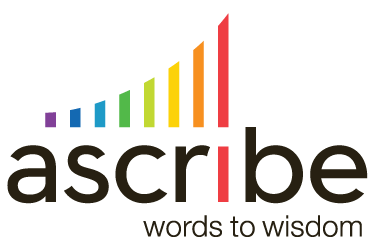Co-Founder and Chief Innovation Officer Charles Baylis was featured in Quirk’s Faces of Research for his team’s leadership in revolutionizing verbatim coding through the use of AI, machine learning and natural language processing.

Charles Baylis, Co-Founder and CIO, Ascribe
Charles Baylis has been on a mission to revolutionize verbatim coding since co-founding Ascribe in 2000. At that time a competent team could code at a rate of less than 100 verbatims per hour, using pencil and paper, Excel or perhaps Verbastat. Today competent teams code at rates of well over 300 verbatims per hour using Ascribe Coder.
In the past 20 years, Charles has leveraged the most advanced artificial intelligence, machine learning and natural language processing technologies. He works in partnership with the world’s largest research firms to deliver dramatic decreases in costs and turnaround time.
Last year Charles and his team launched their fourth-generation text analytics tool CX Inspector, which delivers insights fast at very low labor costs. CX Inspector now includes X-Score, a patent-pending approach to customer satisfaction measurement derived solely from verbatim comments.
Today Ascribe Coder, with its modern software base and highly productive interface, sets the standard in verbatim coding and codes over 300 million comments every year. Now Charles is launching a series of Coder innovations to advance the industry. Ascribe’s outstanding customer support and trained professionals help clients integrate the new technologies into their daily work processes.
Addressing the time and labor costs of coding short-form responses like brand lists, Phrase Analyzer II will classify responses and build the codeframe simultaneously.
AI Coder uses artificial intelligence to construct a true codeframe tailorable to suit a client’s needs and then uses text analytics to code the verbatims automatically. At last, the labor savings of text analytics in a form that is useable for market research coding clients!
Next year, Charles will introduce a next-generation machine-learning tool using revolutionary technology. The model will be created automatically, but unlike other machine learning tools it can be inspected and, if need be, corrected “by hand.” This will allow machine learning to finally approach the accuracy of human coding with reduced labor investment.
